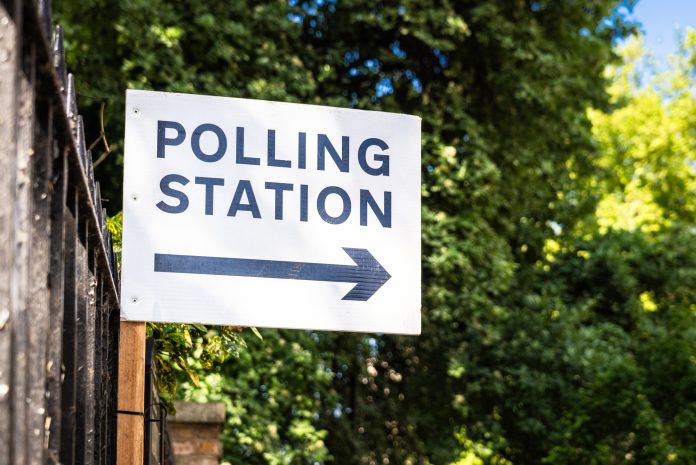With voting rights at risk for certain demographics, it is more important than ever that we reinforce trust in the British democratic system and give a voice to all residents who call Britain home, argues Alina Vaduva, Royal Docks School of Business and Law
In Britain, we are privileged to live in a solid and resilient democracy. It is a system which, although imperfect, could be seen, to quote Rafael Behr(1), as “the art of managing the variegated wills of different social groups”.
But do all social groups have a democratic say in modern Britain?
Migrants and immigrants are often mentioned when it comes to politics. If “migrant” refers to someone who moves to other places for work or better living conditions, “immigrants” have moved to foreign countries permanently. In the UK, migration has been an important and complex phenomenon, determined by historical, economic, political, and social factors. The result is that we live in one of the world’s most ethnically and culturally diverse countries.
According to the 2021 Census, one in six usual residents of England and Wales were born outside the UK. They live, work, study, contribute, pay taxes, and call the UK their home, and I am one of them.
I am Romanian, European, and British. I came to Britain a decade ago and am elected Councillor. I have a say and could represent my community. But is the right to vote granted to all those not born here? Unfortunately, not! According to Migrant Democracy, over 1.5 million UK residents are disenfranchised.
1.5 million UK residents are disenfranchised
Who has the right to vote, and why must we protect everyone’s vote
Over one million residents across England and Northern Ireland do not have a right to vote. Scotland and Wales implemented residence-based voting rights where all residents with lawful immigration status can vote in local and devolved national elections. Recent research shows that over 50% of people agree that every resident, no matter where they are from, should have the right to vote at least in local elections (Polling presentation for website pdf (squarespace.com)).
The Elections Act will maintain the voting and candidacy rights of EU citizens with pre-settled and settled status who entered the UK before 2021. EU citizens who enter the UK from the 1st of January 2021 and are not covered by bilateral voting rights treaties (currently only active with Poland, Luxembourg, Portugal, and Spain) will lose voting and candidacy rights in local elections when the Elections Act is fully implemented. This will generate an unequal situation where some EU citizens have the right to vote while others do not.
It’s time to reconsider how we implement democracy
It is time to reconsider how we implement democracy in Britain to better respond to the diverse wills of our ethnic groups. It is time to reflect upon and debate the right to vote to represent better those currently unheard voices- our colleagues, partners, neighbours, and friends.
The franchise for local elections should be extended to all qualifying foreign nationals in England and Northern Ireland in line with eligibility criteria in Scotland and Wales.
This is a way to reinforce trust in the British democratic system, give a voice to all residents who call Britain home, and actively contribute to our society.
References
- Behr, R. (2023) Politics: A survivor’s guide: How to stay engaged without getting enraged. London, United Kingdom: Atlantic Books.
This piece was written and provided by Dr Alina Vaduva, Royal Docks School of Business and Law), University of East London














